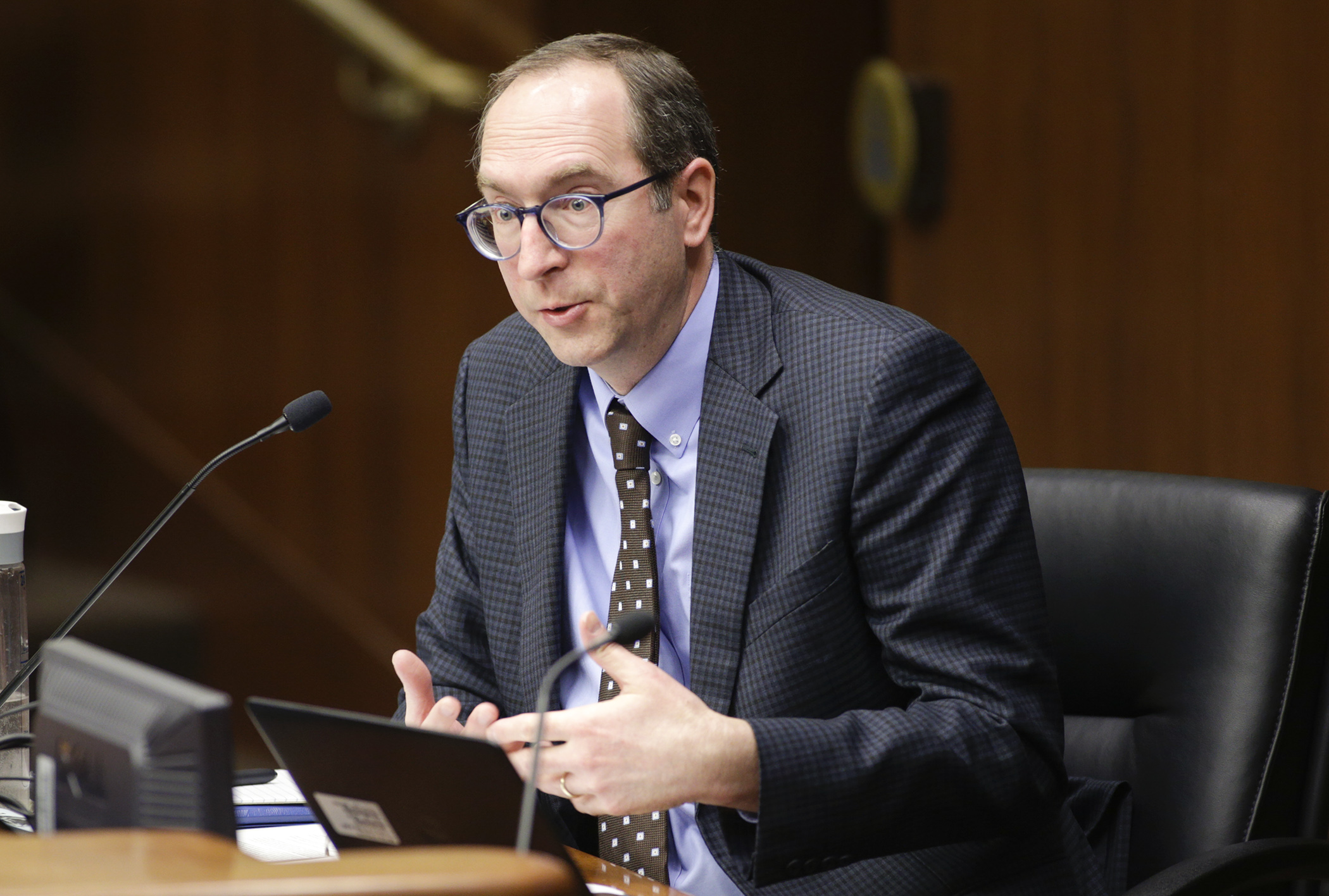Revenue delivers updated tax expenditure report to House committee

Financial balance sheets are usually pretty simple. You have what’s coming in on one side (revenue), and what’s going out on the other (expenditures). If all goes well, the first number is larger than the second.
Of course, the state budget is considerably more complicated than that, but the concept is essentially the same. In the case of “revenue,” that’s what the state has collected in taxes and fees. But the term, “expenditures,” is used in a different way in the realm of taxation. “Tax expenditures” describe those exemptions, deductions and credits that allow a person to adjust their gross income when filing taxes.
And they do add up.
The Department of Revenue is required every two years to file a report on how many people claim these “expenditures,” and their total expected effect on revenue over the next few years.
That report was presented to the House Taxes Committee on Tuesday.
The point of the report is to have information about which tax policies seem to be working and which don’t. If a tax deduction isn’t producing the effect its original authors intended – and deducing that can sometimes be tricky -- legislators can discuss whether some sort of direct appropriation would be a better choice than a tax incentive in achieving the desired result.
As to that idea of trying to make deductions about deductions: The goals of some exemptions and credits are pretty clear. The mortgage interest deduction was created to encourage home ownership. The child care credit is to help pay for child care. The angel investment credit is designed to increase business start-up funds. But deciphering the original intent of century-old provisions can sometimes get complicated.
In his presentation, the Department of Revenue’s director of tax research, Eric Willette, said various tax provisions often interact with one another in unexpected ways, especially when taking federal tax law into account.
The House and Senate tax committees know something about that, as they devoted much of the 2019 tax law to conforming to federal law laid out in the Tax Cuts and Jobs Act of 2017. Willette reported that it will have a significant effect on itemized deductions.
For example, the number of itemizing tax filers taking state deductions for real estate taxes, home mortgage interest and charitable contributions is expected drop about 73 or 74 percent. Meanwhile, the number of non-itemizers taking a deduction for charitable contributions is expected to rise 255 percent. For tax year 2019, it’s estimated that 756,000 Minnesotans will claim that subtraction.
Among the other most popular tax expenditures for Minnesota individual income tax filers: An estimated 427,300 will claim the marriage credit; 371,000 the additional standard deduction for the elderly and blind; 368,400 the working family credit; and 320,000 the deduction for interest on student loans.
Related Articles
Search Session Daily
Advanced Search OptionsPriority Dailies
Legislative leaders set 2026 committee deadlines
By Lisa Kaczke Legislative leaders on Tuesday officially set the timeline for getting bills through the committee process during the upcoming 2026 session.
Here are the three deadlines for...
Legislative leaders on Tuesday officially set the timeline for getting bills through the committee process during the upcoming 2026 session.
Here are the three deadlines for...
Latest budget forecast projects nearly $2.5 billion surplus, but red ink down the road
By Mike Cook Three weeks before Christmas, state budget officials provided some merriment to Minnesotans. However, Grinch-like transformations lurk.
Released Thursday, the November ...
Three weeks before Christmas, state budget officials provided some merriment to Minnesotans. However, Grinch-like transformations lurk.
Released Thursday, the November ...